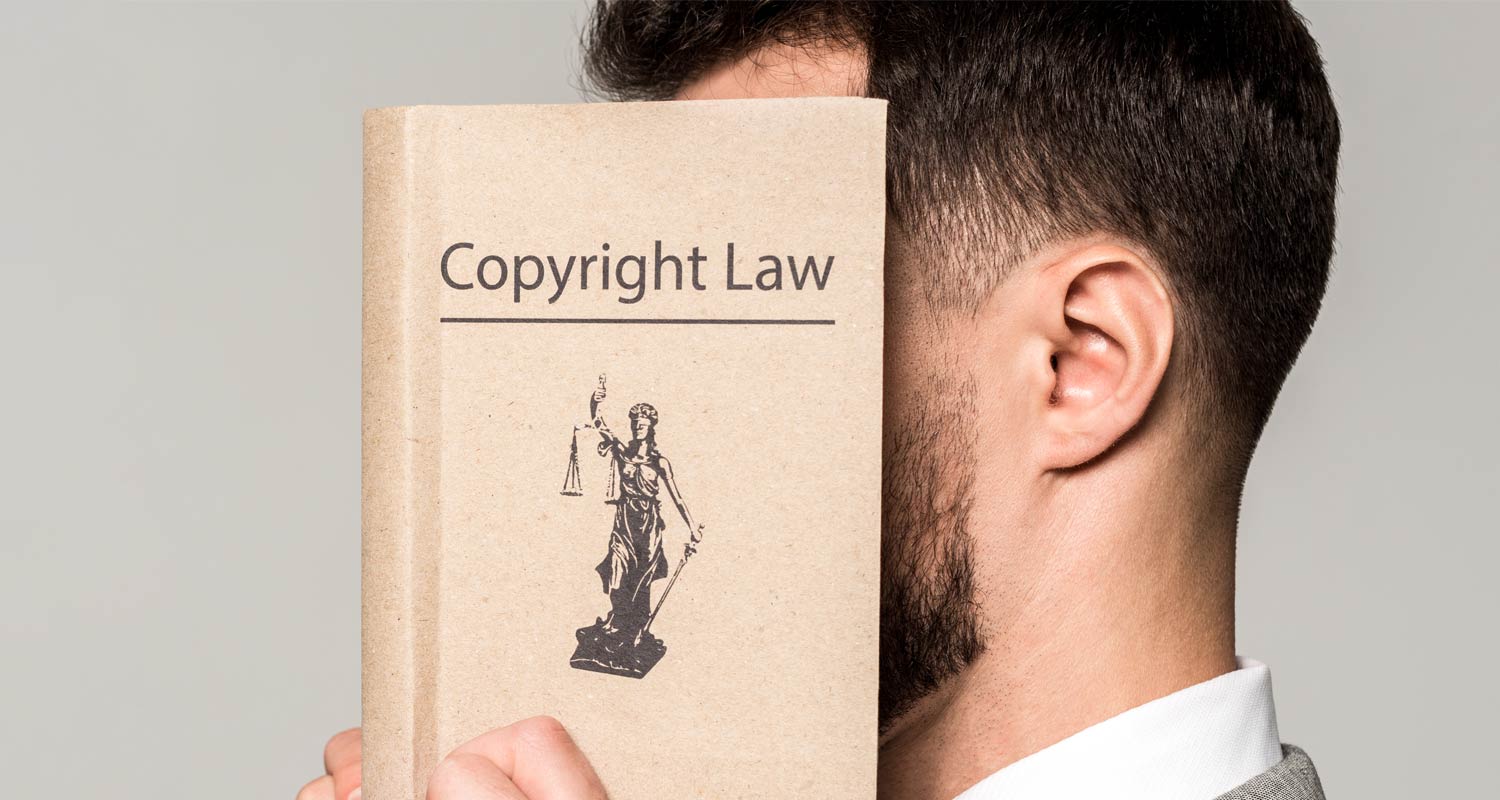 With reference to the article, Mickey Mouse, and South Africa’s battle over copyright, published on 10 January 2024, there are factual errors that ReCreate – an umbrella organisation that promotes the interests of South African creatives with regards to copyright legislation – would like to address.
With reference to the article, Mickey Mouse, and South Africa’s battle over copyright, published on 10 January 2024, there are factual errors that ReCreate – an umbrella organisation that promotes the interests of South African creatives with regards to copyright legislation – would like to address.
First, the statement that Walt Disney’s Mickey Mouse is no longer protected by copyright is not wholly accurate – only the Steamboat Willie version of Mickey Mouse became public domain this year. Later versions of Mickey Mouse are still under copyright protection.
The article also claimed that “on legal advice, President Cyril Ramaphosa declined to sign the bill, and drafting had to start afresh”. In fact, drafting did not have to start afresh. The president failed to sign the bill for 15 months, and only declined when he was unduly pressured by the EU and the US trade representative (as a result of the entertainment industries in the US protesting against fair use, despite they themselves benefiting from fair use in their own country) on the one side, and the constitutional court case against him by Blind SA, on the other side, forcing him to act in terms of section 79(1) of the constitution.
The bill was thoroughly reviewed by parliament and retagged to include the provinces and revised according to public contributions. It progressed through the national council of provinces (NCOP) and all nine provincial legislatures, with many written submissions from stakeholders and presentations at public hearings. The final version, B13F-2017, was passed by the NCOP on 26 September 2023.
The bill was thoroughly deliberated by the select committee on trade & industry and various other entities during early 2023, and later approved by the NCOP. Currently, it is not before the president for signing. It is before the portfolio committee on trade & industry for concurrence. Once approved by this committee, the bill will go to the president for assent. Section 79(1) of the constitution requires the president either to sign the bill, within a reasonable period, or return it to parliament for review, on constitutional grounds only.
Fair-use doctrine
Regarding comments about the US fair-use doctrine, apart from the US, about 11 other countries benefit from fair use, too. Nigeria recently adopted fair use, although it’s still called fair dealing there. Fair use allows those countries to lawfully use or re-use their copyright works and those around the world, while South Africans cannot do the same, as fair dealing is too restrictive. Fair use would give equal and reciprocal rights to South Africans so that they can also use similar works lawfully. Fair use has four determining factors. Not all copying is fair use.
It is incorrect to say the department of trade, industry & competition has come under heavy fire for its failure to produce an economic impact assessment study. The Copyright Amendment Bill has been available online since 2017.
TechCentral’s article claims that “even if Ramaphosa signs off the Copyright Amendment Bill, it will likely end up before the constitutional court”. But in September 2022, in the Blind SA case, the constitutional court found the current Copyright Act to be unconstitutional relating to visually impaired people, and ruled that it must be amended accordingly within 24 months. Arguably, other parts of the current law are unconstitutional, too. The bill corrects omissions, discrimination and unconstitutionality in the Copyright Act.
The original article says it also contains provisions that would severely curtail contractual freedoms, to the extent that South Africa may no longer be seen as a viable international destination …. but in ReCreate’s view, many of the clauses in the bill have been adopted or adapted from progressive copyright laws in many countries, Wipo treaties and proposals (which South Africa, through the Africa Group supports), international and local research, and various other IP and other related documents. Many developed countries have for years benefited from many of the clauses in the bill. South Africa is at last aligning its copyright law with the rest of the world.
The article quotes Adams & Adams alleging “the bill fails to deliver on its stated objective of legislating for improving legal protections for South African creatives”, but we believe it protects creatives, especially against unfair contracts and lengthy assignments, and regulates collecting societies, so they become accountable and pay fair royalties to creatives.
Regards,
Denise Nicholson, on behalf of ReCreate
- TechCentral welcomes letters to the editor. Please send correspondence to editor at techcentral dot co dot za. Correspondence will be published at the editor’s discretion

